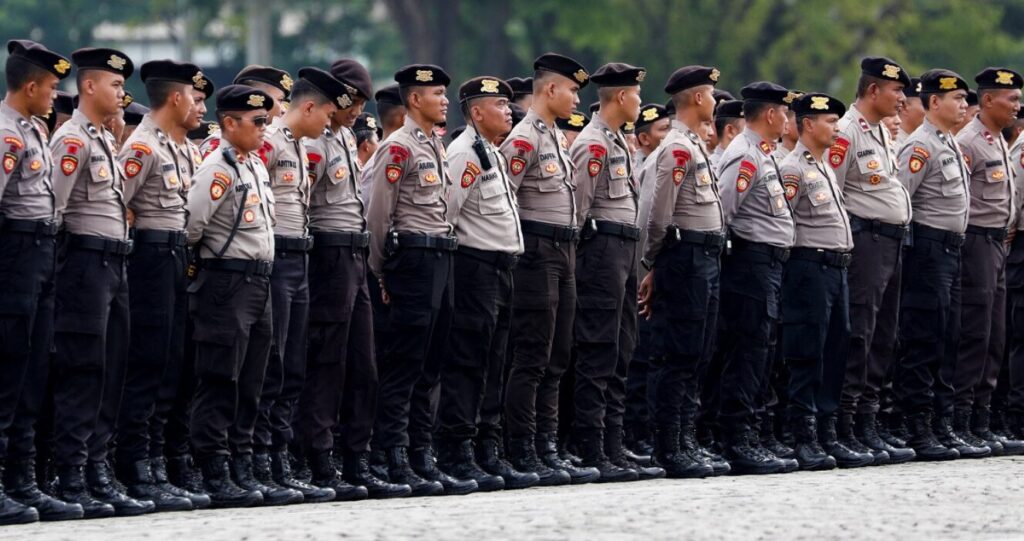Amnesty International Indonesia’s recent study reveals at least 116 cases of police brutality this year, including 29 extrajudicial killings. The report cites factors such as a lack of evaluation, normalized violence, and a government tolerance for police misconduct as contributing to the “worrying” pattern of abuse.
Amnesty’s executive director, Usman Hamid, stressed that police often use excessive force with little accountability. He noted that the systemic nature of police violence continues unchecked, with weak policies to ensure adherence to human rights standards by officers.
Reports from rights organizations like Kontras, YLBHI, and Imparsial indicate that the misuse of force is not just an issue of individual misconduct. Usman highlighted a culture of violence within the police force, which leads officers to quickly resort to force, especially during protests.
Amnesty documented several incidents of police brutality, including physical violence, arbitrary arrests, and misuse of tear gas. Notably, in August, police were accused of using excessive force during protests against changes to regional election rules, injuring hundreds and detaining many others without cause.
The report also highlights a recent incident in Semarang, where a teenage student was allegedly shot by an officer. While the initial claim was that the officer was breaking up a student brawl, further investigations revealed excessive force was used, sparking public outrage and renewed calls for reform.


